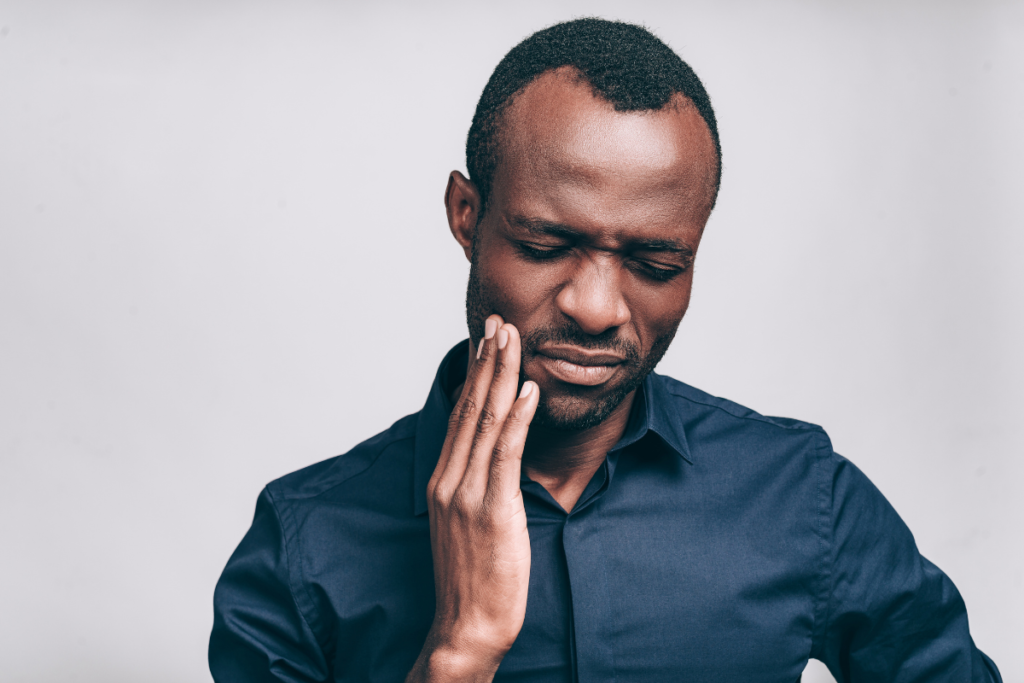Have Symptoms of Bruxism?
People with bruxism clench or gnash their teeth. There are two types of bruxism: awake bruxism and sleep bruxism. Sleep bruxism is more common. Some specialists consider bruxism to be a sleep related movement disorder as it is also common among people with other sleeping disorders such as sleep apnea and snoring.
For most people bruxism is not a serious condition. You should be cautious of the symptoms of bruxism because it can lead to complications such as damaged teeth, jaw problems and headaches.
Symptoms
People with bruxism can develop the following symptoms:
- Chipped, flattened, fractured and loose teeth
- Toothaches, pain, and sensitivity
- Worn-out enamel that exposes the inner parts of the tooth
- Tight jaw muscles
- Jaw pain and soreness, pain in the inner cheeks, and earaches.
Stress and Bruxism
The causes of sleep bruxism differ. Studies show that it can occur from genetic, psychological, and physical factors.
Bruxism in adults is often linked to stress and stress related emotions such as anger and frustration. Bruxism is usually a reaction of the body as it tries to cope with these emotions.
Studies show that people who grind their teeth are more stressed and suffer from conditions such as anxiety disorders and clinical depression. Blood test sample results support these claims as they contain substantially higher levels of stress hormones.
Stress increases the production of adrenaline in the body. Since the individual is not moving during sleep, the energy is directed towards teeth grinding. During a bruxism episode, the individual’s heart rate and breathing increases; these are some of the effects of the production of adrenaline and cortisol hormones.
People who suffer from bruxism might benefit from these stress management techniques:
- They should talk to someone they trust about their problems and figure out solutions before they escalate. If the situation demands they can seek the help of a psychiatrist.
- They can also engage in fun activities to take their minds off their thoughts. Activities such as yoga and meditation are known to relax and free the mind. Trying out new activities and learning new skills might also help.
- They should also ensure they get sufficient sleep at night for at least eight hours.
- Work-life balance is also helpful when it comes to work related stress.
- Planning and proper time management also helps in preventing stress.
Risk Factors for Bruxism
- Children suffer from the condition more often but it often goes away as they grow older.
- Hyperactive and aggressive people are at a higher risk.
- Some psychiatric medications have bruxism as a side effect.
- In some cases it is hereditary.
People with bruxism require proper dental care to address the condition and it’s side effects. Consult River Valley Smile Center, located in Fort Smith, Arkansas, if you have symptoms of bruxism or any other dental problems. Check out our website to request a dental consultation. You can also reach us at 479.646.0706 or find us on Facebook.


